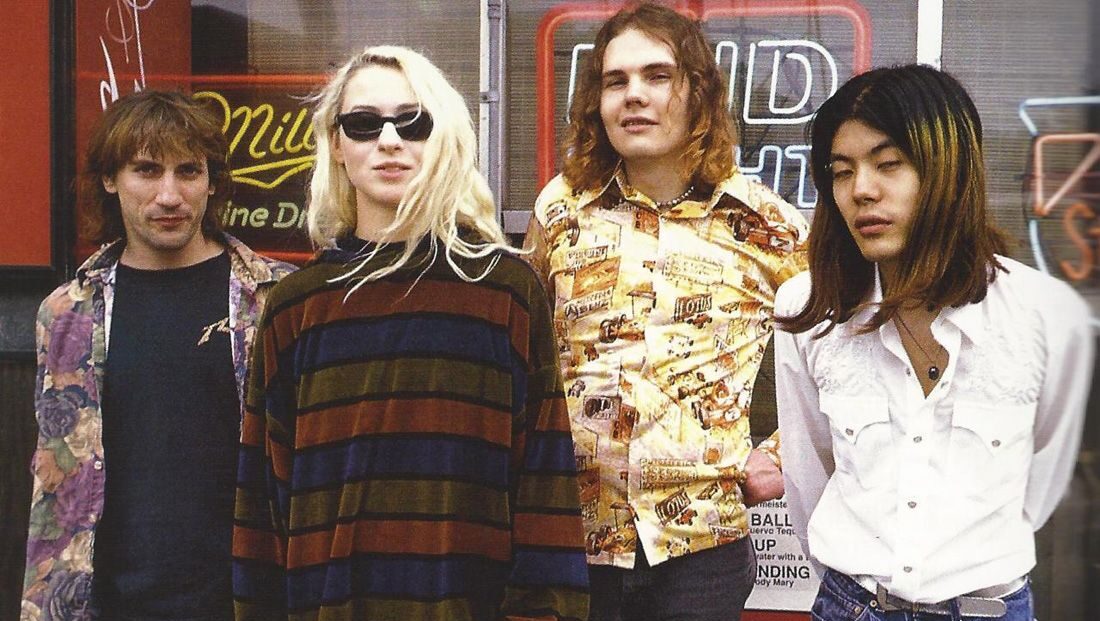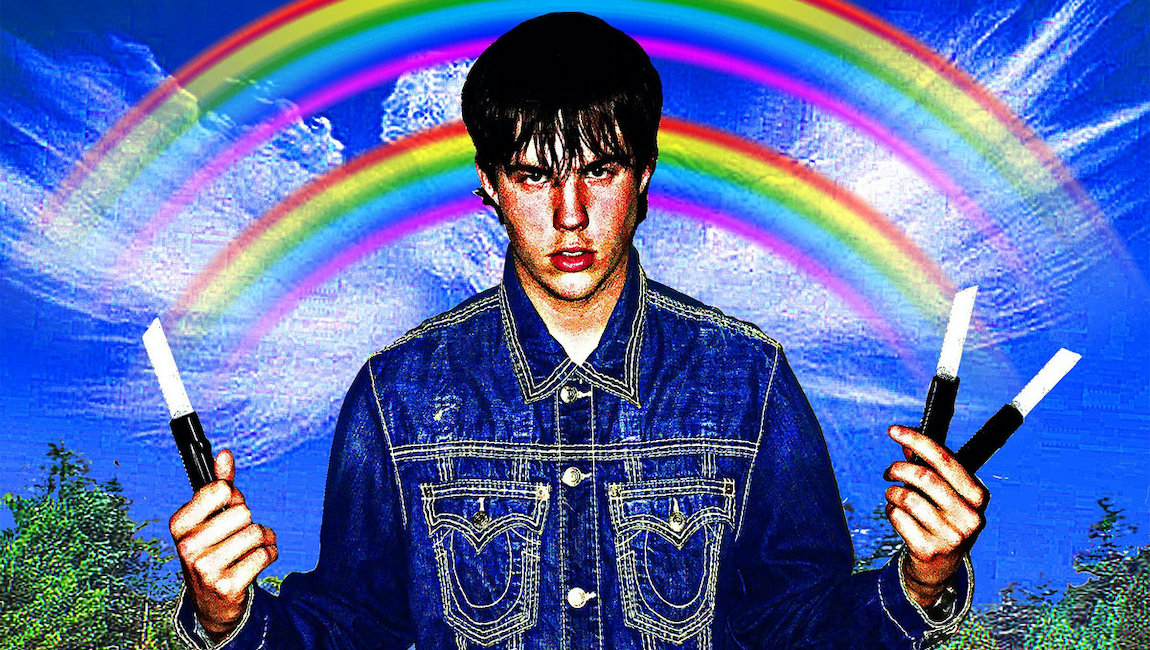“Let’s approach this like it’s our last album,” Billy Corgan claims to have said to his bandmates, in so many words, before work began on their supersized third record, Mellon Collie and the Infinite Sadness. It wasn’t the last gasp of the Smashing Pumpkins, or even of the original, pre-breakup iteration of the group, before Corgan slapped the retired brand on his glorified solo campaign. But the album certainly felt like a swan song — the endpoint these alt-rock heroes had been working towards since they became a four-piece in the autumn of ’88. All sides of the Pumpkins sound are present and accounted for: Squealing hard-rock tantrums (“Jellybelly”) share space with soaring arena fodder (“Tonight, Tonight”), fragile acoustic ballads (“Stumbleine”), and fledgling stabs at the Goth lullabies (“In the Arms of Sleep”) these four would begin to indulge on their downer of a fourth record, Adore. Some double albums grow organically out of a wealth of material. Mellon Collie was engineered to be an epic, with Corgan hiring hot-shit producer Flood to help him realize his dream of a bifurcated magnum opus — more than two dozen tracks spread across two hours, two themed discs, and six sides of vinyl. The ambition paid off: Mellon Collie was a monster success, a chart-topping phenomenon that spawned five hit singles (and accompanying, award-winning videos) and helped the band leap from rock radio to Top 40.
In many ways, Mellon Collie fulfilled the mandate (or the prophecy) its mastermind set for it: This was the last Pumpkins record, at least in terms of the sound, the persona, and the success the band built for itself through the first half of the 1990s.
To hear some fans tell it, this big crossover move also marked the death of the scrappy, lovable collective that used to call itself “The Smashing Pumpkins” and the de facto birth of the Billy Corgan Show — never mind that the control-freak frontman actually allowed guitarist James Iha and bassist D’Arcy Wretzky to play their instruments in the studio this time. There’s no doubt that the band’s previous record, Siamese Dream, is a more perfect, cohesive work, one in which the dueling sides of the Pumpkins’ personality could coexist within each song rather than be relegated to alternating tracks like items on a sonic sampler platter. Furthermore, Mellon Collie was surely the moment that Corgan’s songwriting took a turn for the fatally overwrought, best evidenced by the hissy-fit angst of twin FM staples “Bullet With Butterfly Wings” and “Zero.” But there’s just too much inspiration and passion and grandeur here to dismiss the album as a bombastic folly. The triumphs run deep, past the overplayed radio smashes: “Muzzle” refines and perfects the jaunty guitar rock of earlier records, while “Through the Eyes of Ruby” deserved to fill every stadium to which the band graduated. “Galapagos,” on the other hand, may be the most gorgeous song Corgan and company ever cut, building as it does to a blissful romantic crescendo. In many ways, Mellon Collie fulfilled the mandate (or the prophecy) its mastermind set for it: This was the last Pumpkins record, at least in terms of the sound, the persona, and the success the band built for itself through the first half of the 1990s. No wonder the Pumpkins parted ways just a half-decade later. Where could they go after a summation this complete, this exhaustive, this infinite?
Part of Kicking the Canon – The Album Canon.







